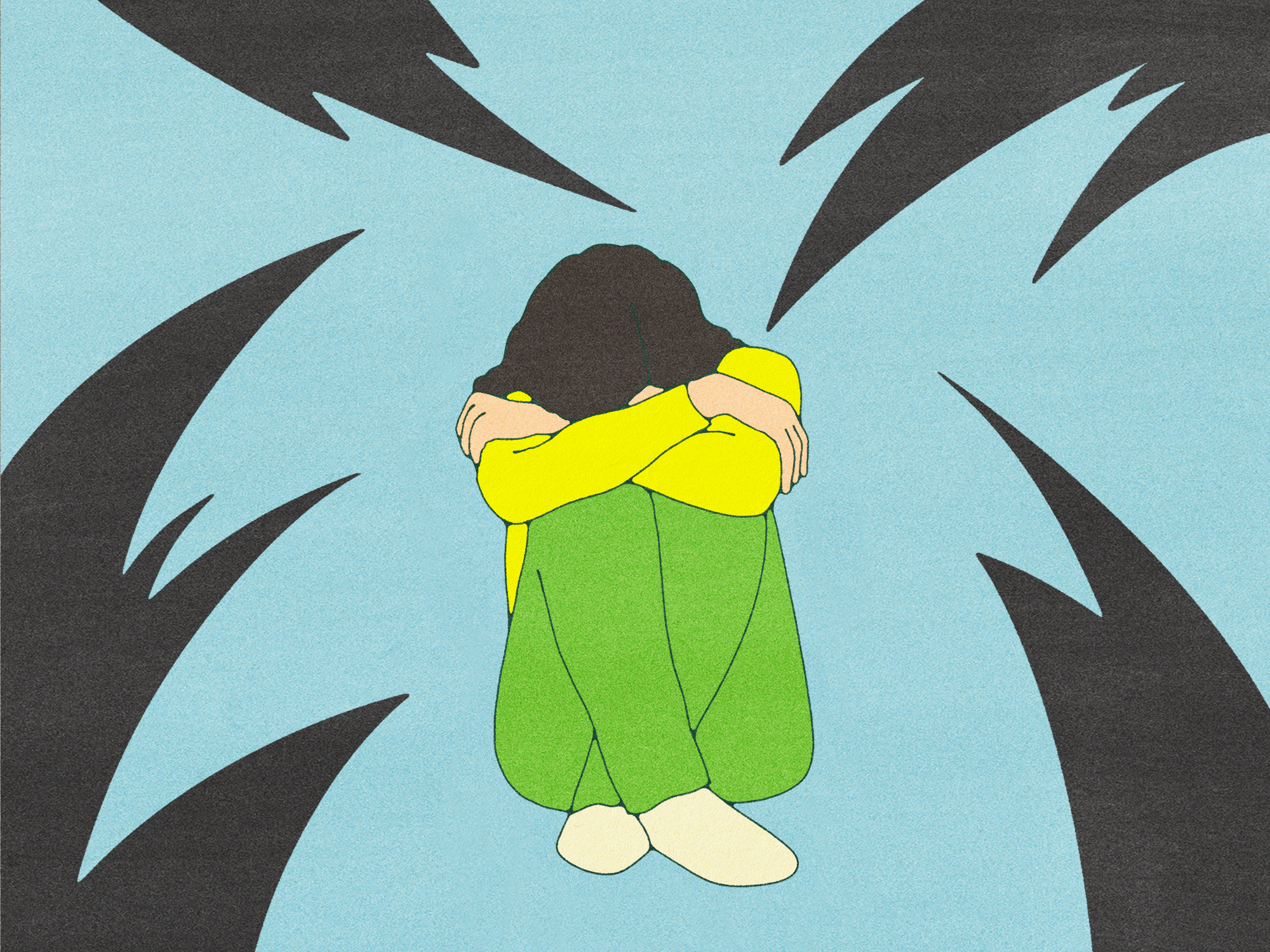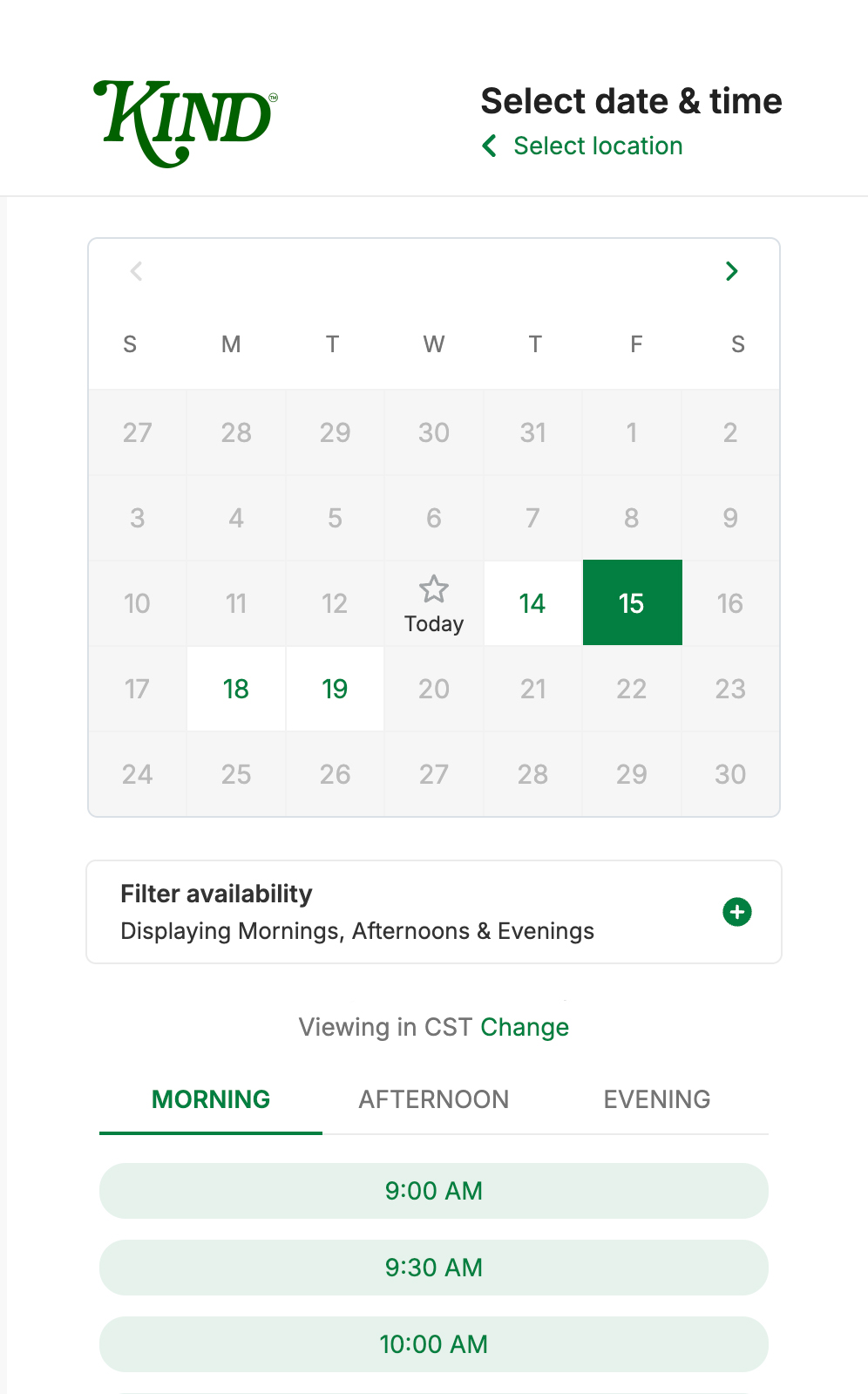How Kind Health Works To Treat
Post-traumatic stress disorder (PTSD)
Kind helps treat PTSD by using a combination of medication management and therapy to reduce symptoms like anxiety, flashbacks, and nightmares. Psychiatrists work with patients to develop coping strategies and manage the emotional and physical impacts of trauma.





